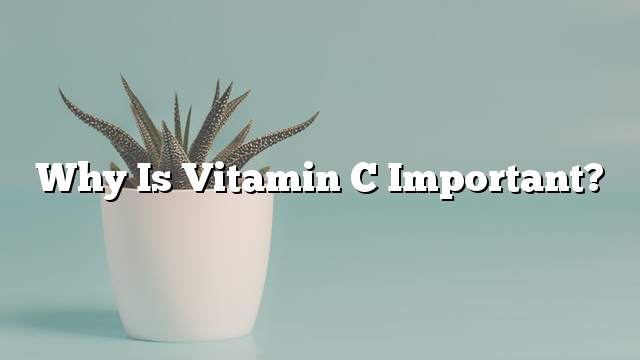The vitamin is an organic compound that can not be processed by the body, but gets the organism from food such as fruits, vegetables and others.
The vitamins are divided into vitamins that are soluble in water, which in humans are nine such as: Vitamin B, Vitamin C. The vitamins are not soluble in water but they are soluble in fat and in humans are four vitamins: vitamin A, vitamin D, vitamin E, and vitamin K.
Vitamin E plays an important role in the body. Vitamin E acts as an antioxidant, including a hormone, and another that helps in the growth of cells and tissues. Vitamins are absorbed in the body through the intestines and these are specific to the vitamins dissolved in fat.
Vitamin C is found in all kinds of citrus, called ascorbic acid. It is derived from glucose, made from glonulactone, but this enzyme does not exist in the human body. The molecular mass of vitamin C is 176,12 g / Mol, and its chemical formula (C6H8O6) is white in color, dissolves in water and in alcohol as well.
Vitamin C is used in antioxidants and in the treatment of some gum diseases. It is kept in dry places, far from light to change its color when exposed to light, and oxidizes quickly in some solutions. It protects against flu and treats leaching, and helps vitamin C to reduce the proportion of harmful cholesterol in the body. It is a reductant that helps in reducing some minerals, helping to absorb them in the body, and helps in the demolition of some amino acids to manufacture hormones.
The lack of vitamin C in the body is caused by smoking, and the absorption of intestines due to diseases in the intestine, as well as due to lack of eating fruits and vegetables. This affects the teeth and gums, and does not heal wounds, and leads to a lack of immunity. As well as increasing the amount of vitamin C for the necessary amount in the body leads to diarrhea, general fatigue, gastritis, and damage in the kidneys and others, as one must balance his food, and moderate in the intake of vitamins.
